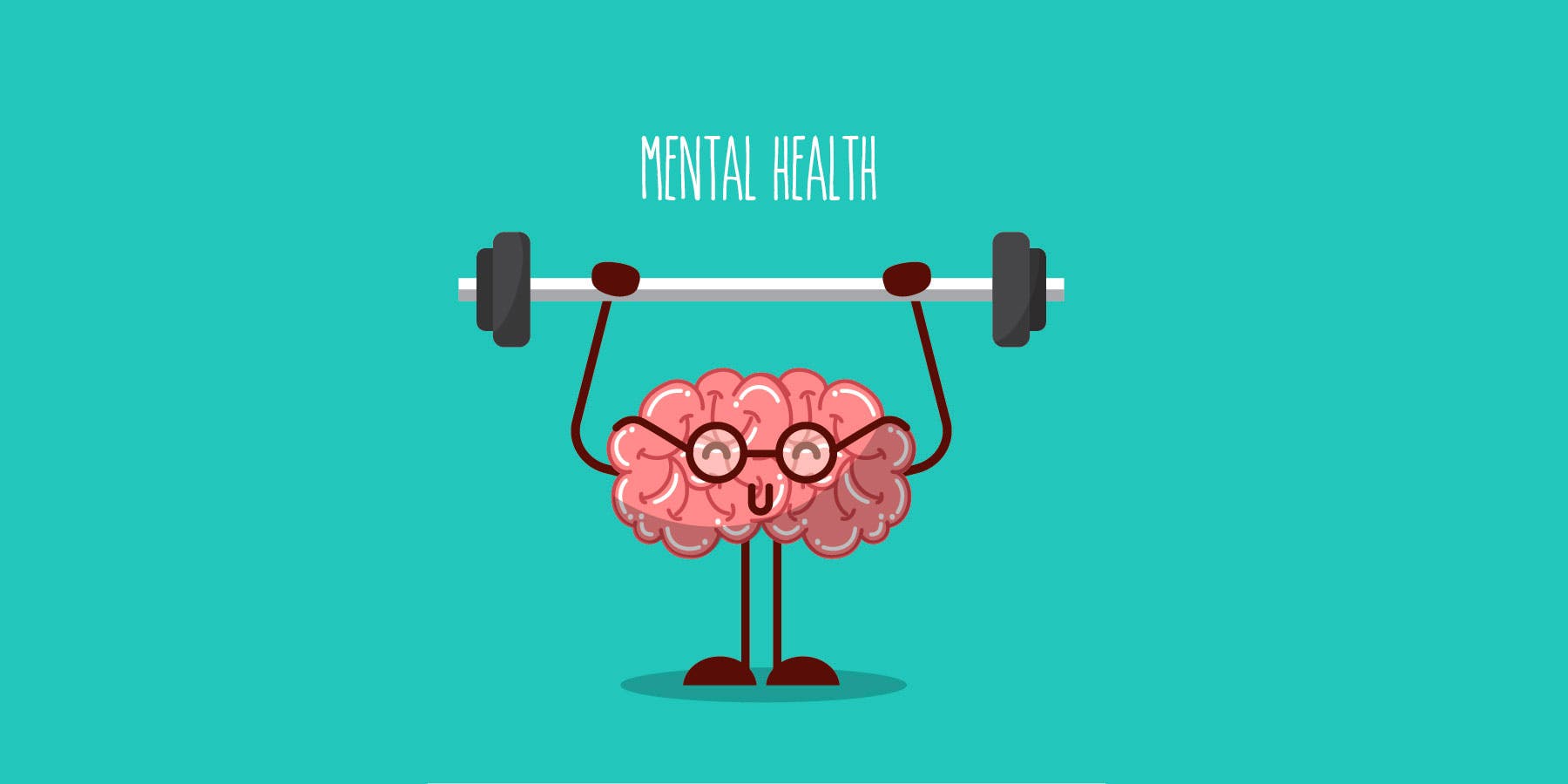
Mental health in the United Kingdom has reached an all time high with 1 in 4 people now experiencing and suffering mental health problems such as anxiety and depression each year. This paired with the fact 5,821 people took their own life via suicide, shows how vital it is for people to keep mentally healthy, especially those who are students as ¾ of all mental health problems are established by the age of 24.
Difference between Mental Health and Mental Illness
One of the best ways to maintain mentally healthy is to understand that there is a difference between mental health and mental illness and that the two terms should not be used interchangeably. Mental health is a bit like physical health in the sense that everyone has it. Mental health regards our emotions and how we feel day-to-day. Like how a person is not physically healthy every day, to have good mental health does not mean one has to be happy and confident 100% of the time and ignoring any problems. Therefore, having a ‘good’ mental health does not mean you are not susceptible to develop a mental illness, much like how being physically healthy doesn’t mean you can’t get injured. Mental illness is different to mental health as mental illness is medically diagnosed and results in significant impairment affecting your ability to logically think and maintain relationships either in a work setting or a social setting. It is reported that there are over 200 classified forms of mental illness, however most people, especially students do not seek help as they feel there is a taboo surrounding mental illness. However, students should not suffer in silence as they are not alone as many university students experience a form mental illness.
Types of Mental Illnesses and Symptoms
Anxiety: A type of fear that is associated with the thought of something going wrong either in present or the future.
Bipolar Disorder: A mental disorder which results in extreme mood swings from high to low.
Depression: A mental disorder that is the biggest mental illness problem worldwide. It causes people to experience feelings of guilt, low self-worth, poor sleep, low energy and loss of pleasure.
Self-Harm: When an individual intentionally hurts themselves to cope with high emotional distress.
Substance Abuse: When someone engages in the hazardous use of psychoactive substances, including alcohol and illicit drugs to cope with ongoing distress
Suicidal Ideation: When a person with very high mental distress considers taking their own life.
Statistics Surrounding Mental Illness
Out of a poll of approximately 38,000 students here are some statistics surrounding mental illness and its relationship with university students:
- 3% reported thoughts of self-harm
- 4% thought of self-harm often or always
- 7% admitted to using drugs or alcohol to cope with their problems
- 9% experienced a serious psychological issue for which they felt they needed professional help
- 7% struggled with feelings of anxiety
- 33% suffer from loneliness
- 6% conceal their symptoms from their friends
The Signs to Look Out for if you Suspect Another Student Suffering from a Mental Illness
Signs that someone is suffering:
- Low mood
- More anxious or agitated than normal
- Loss of interest in life
- Loss of motivation
- Loss or gain of weight
- No care in the way they look or personal hygiene
- Stopped attending lectures
- Becoming withdrawn
- Having sleep problems
How to Get Help if you are Suffering from a Mental Illness
Talking to Someone: Talk to someone about how you feel, whether it be a close friend a family member, a counsellor or even a doctor. This can result in a sense of relief, especially if they are affecting your studies.
University Counselling Services: Most universities have a free and confidential counselling service which you can easily access through the university website. Universities also tend to have a mental health adviser which can help you gain the support you need.
Online and Telephone Resources: There are online self-help services that can be explored such as the Students Against Depression website. If you are feeling especially low on a given day, there are also 24/7 helplines such as Good Samaritans that can offer you advice or if you need someone confidential to talk to.



